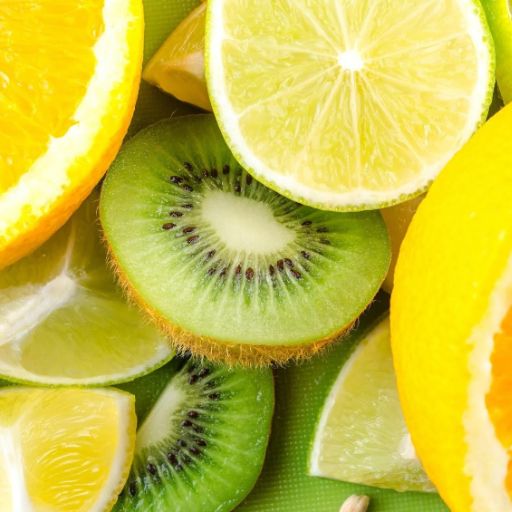A constant question among consumers is whether frozen fruit provides the same healthy nutrients as fresh fruit. In recent years, consumption of frozen berries, such as blueberries, has increased.
Berries are rich in antioxidants such as anthocyanins. These substances have potential protective effects against reactive oxygen species, which in excess can cause a multitude of diseases such as cancer or neurodegenerative diseases.
To find out whether frozen berries maintain the same anthocyanin concentrations as fresh berries, we can look to the scientific evidence.
In the study by Lohachoompol et al 2004, it was shown that frozen cranberry samples showed no significant decrease in anthocyanin level during three months of storage. Since blueberries are frozen soon after being harvested, they have the same quality as fresh blueberries.
In another more recent study, Plumb et al 2013 analyzed the anthocyanin content of blueberries frozen for one, three and five months and found no decrease in antioxidants compared to fresh. In fact, the leaching that occurs from freezing actually increased the concentration of anthocyanins. The ice crystals that form during freezing alter the structure of plant tissue, making anthocyanins more available.
Therefore, a priori, frozen berries seem to be a more than interesting option to consume fruit, at least blueberries.





